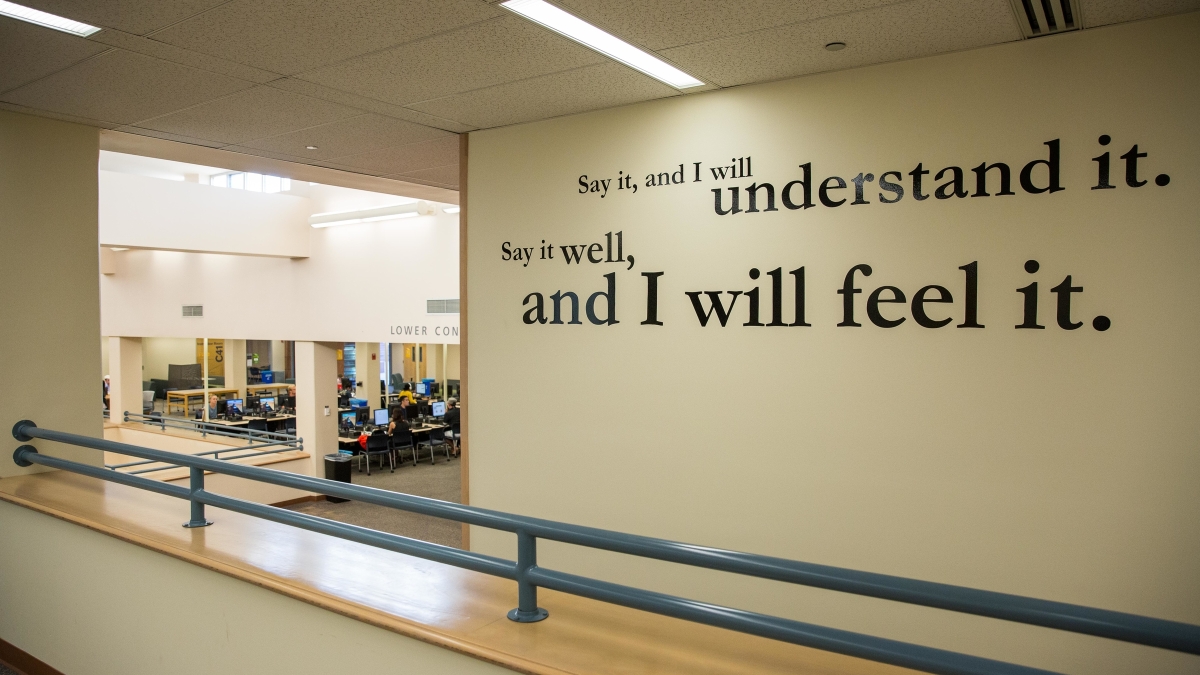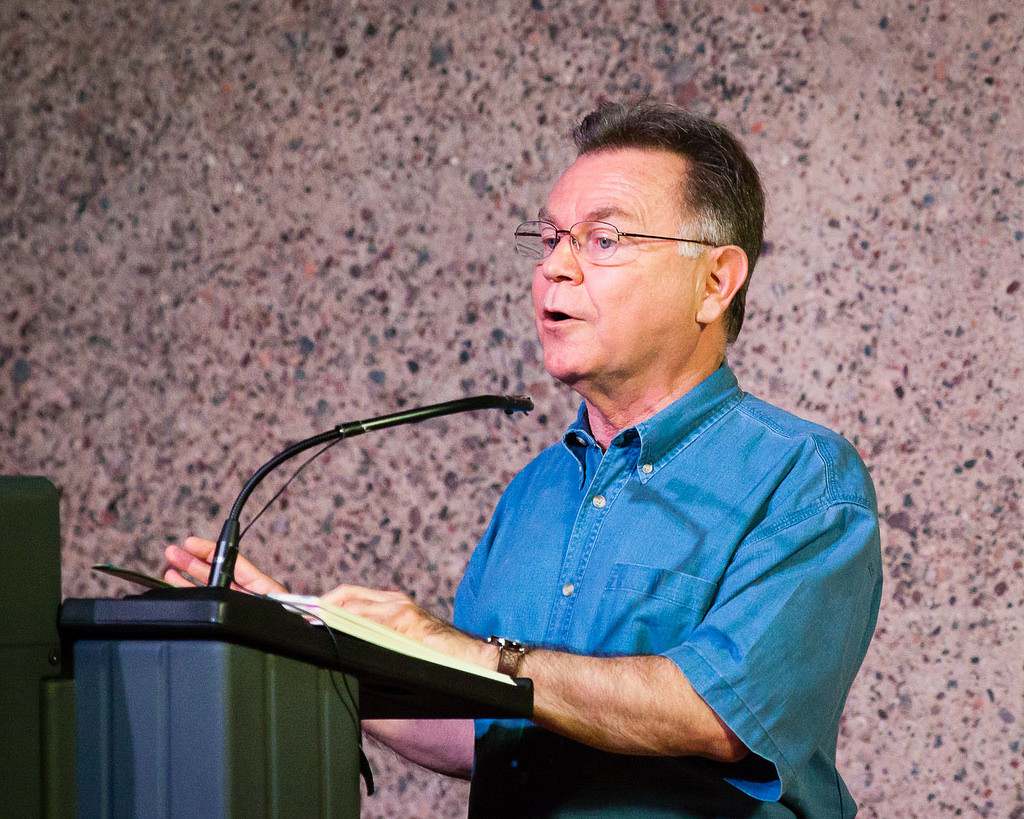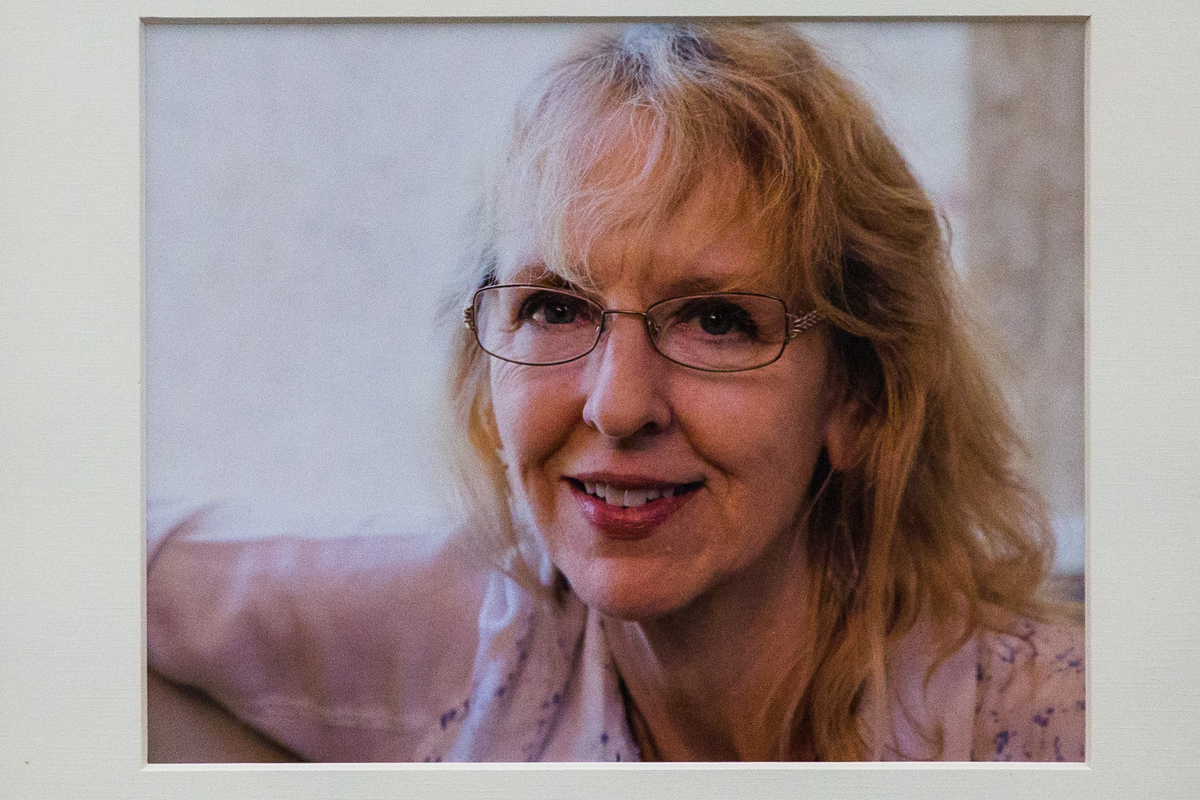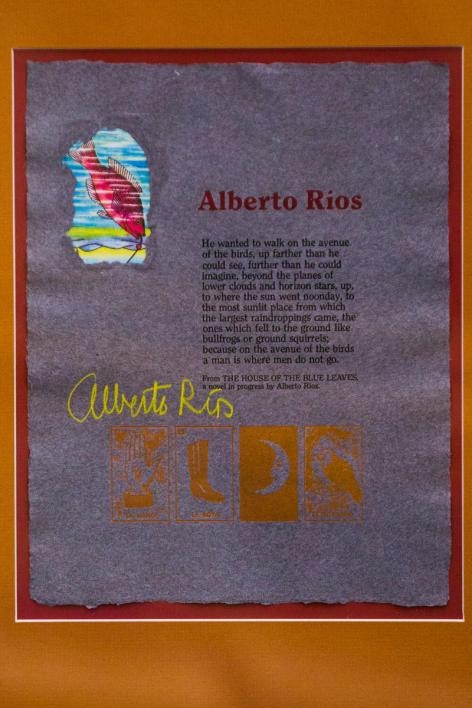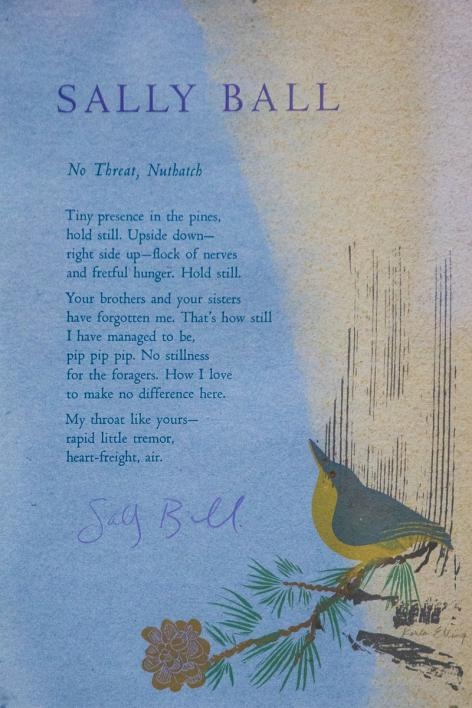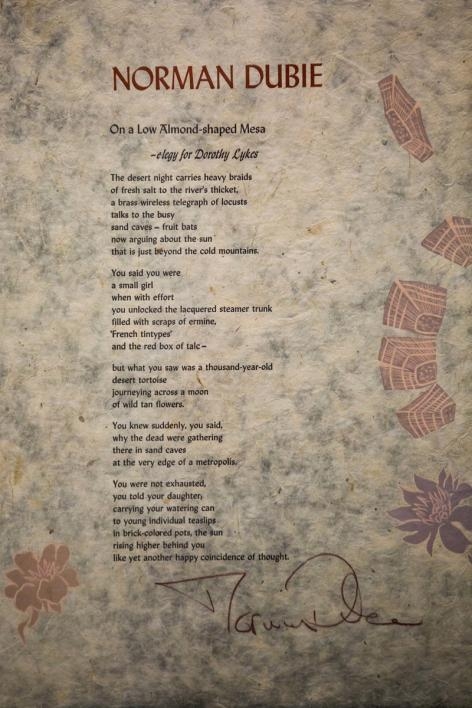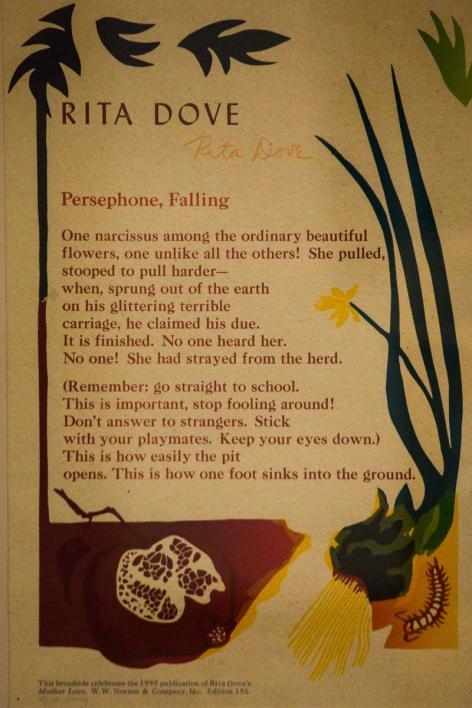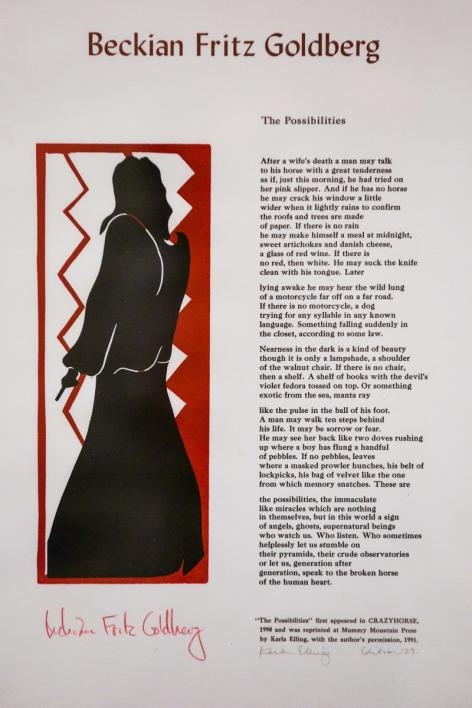Some of us are Type A people; we plan our days down to the minute and make decisions based on a practical system of weighing pros and cons.
And some of us are daydreamers.
Alberto Rios falls into the latter category.
“I got busted for daydreaming in elementary school. The egregious second-grader crime,” he said of the moment he knew he wanted to be a writer.
“I retreated to my imagination, and that was the beginning of my writing.”
Fitting, then, that he should one day help found the Creative Writing MFA Program at Arizona State University. The program, which is part of the College of Liberal Arts and Sciences, celebrates its 30th anniversary this year.
“It’s a mark of some distinction,” said Rios, who in 2013 was named Arizona’s first poet laureate.
He began teaching at ASU in 1982, shortly after winning the Walt Whitman poetry award and being subsequently recruited to the university by ASU Regents’ Professor Norman Dubie, whose own poetry has appeared in The New Yorker and “The Norton Anthology of Modern Poetry.”
Around that time, a crop of fresh, hungry English faculty was beginning to materialize on campus.
Current director of the program Cynthia HogueCynthia Hogue is a professor of poetry and the Maxine and Jonathan Marshall Chair in Modern and Contemporary Poetry at ASU. called their serendipitous congregation a “critical mass of talent” that soon attracted a wave of students — Hogue herself had come to ASU to study under Dubie in 1978.
Other members of that faculty group included the poet Rita Dove and the artist and former program manager Karla Elling.

ASU Regents’ Professor Norman Dubie. This photo (© Rebecca Ross) is part of the "Write Now: Celebrating 30 Years of Creative Writing at ASU" exhibit on display at Hayden Library through Nov. 14.
Recognizing the need to meet student demand and eager to foster the growing community of serious writers at ASU, they determined it was time to establish a bona fide MFA program in creative writing.
In the 30 years since, the program has stood witness to a faculty that has received national and international recognition, garnering Guggenheim fellowships, NEA fellowships and several Pulitzer Prize and National Book Award nominations. As well, its students have gone on to win multiple prizes, Guggenheim and Fulbright fellowships; publish books; and secure university teaching positions.
What sets it apart from other creative writing MFA programs, said Hogue, is “the element of the artist-citizen.”
“To be an artist is to be involved in the world in various ways. And we do that really consistently, and we also model a mentoring relationship,” she said, noting how each student in the program has the opportunity to work one-on-one with members of the faculty on their work.
Jennifer Irish, assistant director of the program, reiterated what she sees as the extraordinary nature of the program.
“I have the experience of having been part of several other programs and I have never been in a program or worked with a program that has such a true dedication to its students — at all levels," she said. “We have an amazingly committed faculty here who care about their students’ growth as artists and as people.
“And again, it goes back to that idea of the artist-citizen, that we are training artists who are going to go out and do good things in the world.”
One example of that intention realized is Poesía del Sol (Poetry of the Sun), an ASU Project Humanities partnership with the Mayo Clinic Center for Humanities in Medicine and the Creative Writing Program, led by Ríos.
Poesía del Sol pairs ASU MFA students with palliative-care patients at Mayo Clinic Hospital in Phoenix. The students interview the patients and their families, then create poems based on that interview. The poems are printed, framed and presented to the patients and their families as a gift and a celebration of life.
Cynthia Hogue, professor of poetry and Maxine and Jonathan Marshall Chair in Modern and Contemporary Poetry at ASU. Photo © Rebecca Ross
Another example of being involved in the world is ASU’s Prison English Program, which allows students to not only edit the writing of inmates but also to teach in person at prisons in Arizona, helping educate those members of society who might otherwise not have such an opportunity.
Third-year creative writing master’s student Jacqueline Balderrama is one of the students who has done so. Her focus is poetry because, she said, “It belongs to the moment and to the image. It is concise, purposeful, and having an eye for poetry, I think, allows writers to perceive the world with an openness that invites meaning into the ordinary.”
Balderrama also serves as a poetry editor for Hayden’s Ferry Review, a semiannual international literary journal that showcases emerging talents in the literary community.
A small portion of the publication is solicited from established authors, but the majority of contributors are chosen from the thousands of manuscripts received each year. Each issue includes poetry, prose, translations and visual art.
Hayden’s Ferry Review editor-in-chief Chelsea Hickok, who will graduate from the Creative Writing MFA Program in May 2016, relishes the position it has afforded her.
“I’m coming out of this program with three years' teaching experience, two years editing a literary journal, connections in the industry, publications and a confidence in my writing I didn’t have before,” she said.
Balderrama agreed about the importance of creative writing, saying, “Fine arts are critical to our humanity.”
Pulitzer Prize-winning novelist Jane Smiley delivered a Marshall Lecture on Oct. 7 at ASU in which she spoke on the importance of art in teaching us empathy and helping us to understand what it is to be human.
Reflecting that is a favorite mantra of Rios’: “Say it, and I will understand it. Say it well, and I will feel it.”
ASU’s Creative Writing MFA Program 30th-anniversary celebration continues next with professor of English Melissa Pritchard’s telling of the story of the Afghan Women's Writing Project and the Ashton Goodman Fund from noon to 1:15 p.m. Wednesday, Nov. 4, in the Memorial Union Gold Room on the Tempe campus.
For a full list of anniversary celebration events, visit http://english.clas.asu.edu/cwp-30th-anniversary.
More Arts, humanities and education

Award-winning playwright shares her scriptwriting process with ASU students
Actions speak louder than words. That’s why award-winning playwright Y York is workshopping her latest play, "Becoming Awesome," with actors at Arizona State University this week. “I want…

Exceeding great expectations in downtown Mesa
Anyone visiting downtown Mesa over the past couple of years has a lot to rave about: The bevy of restaurants, unique local shops, entertainment venues and inviting spaces that beg for attention from…

Upcoming exhibition brings experimental art and more to the West Valley campus
Ask Tra Bouscaren how he got into art and his answer is simple.“Art saved my life when I was 19,” he says. “I was in a dark place and art showed me the way out.”Bouscaren is an …


